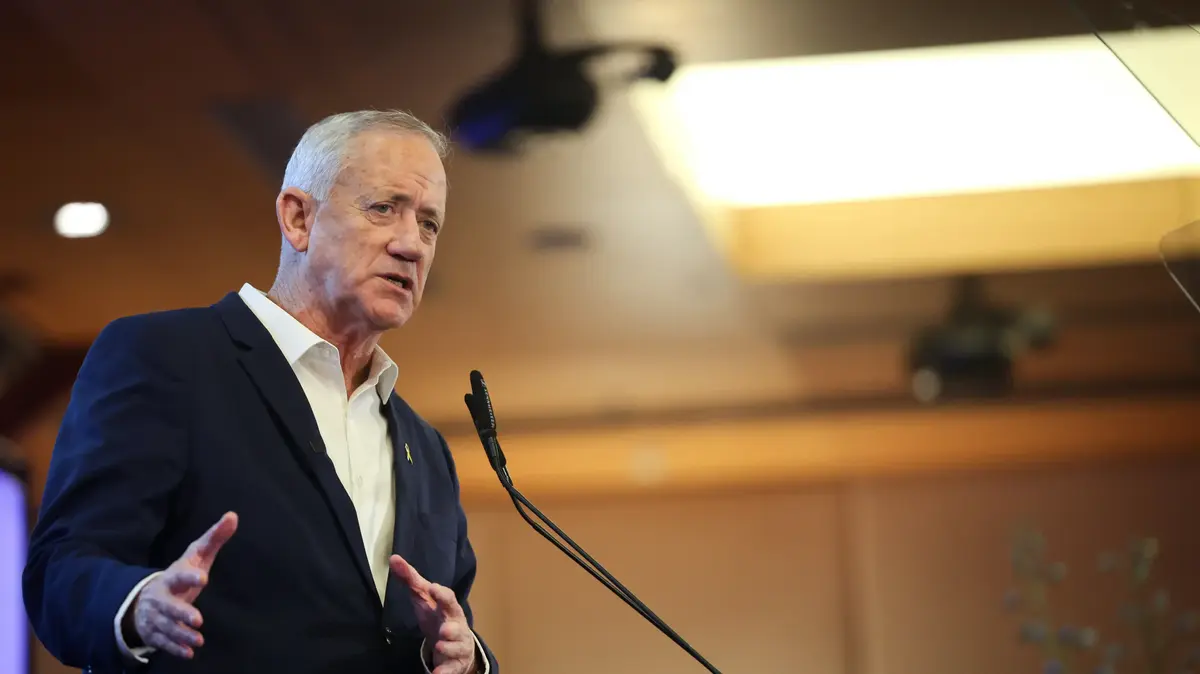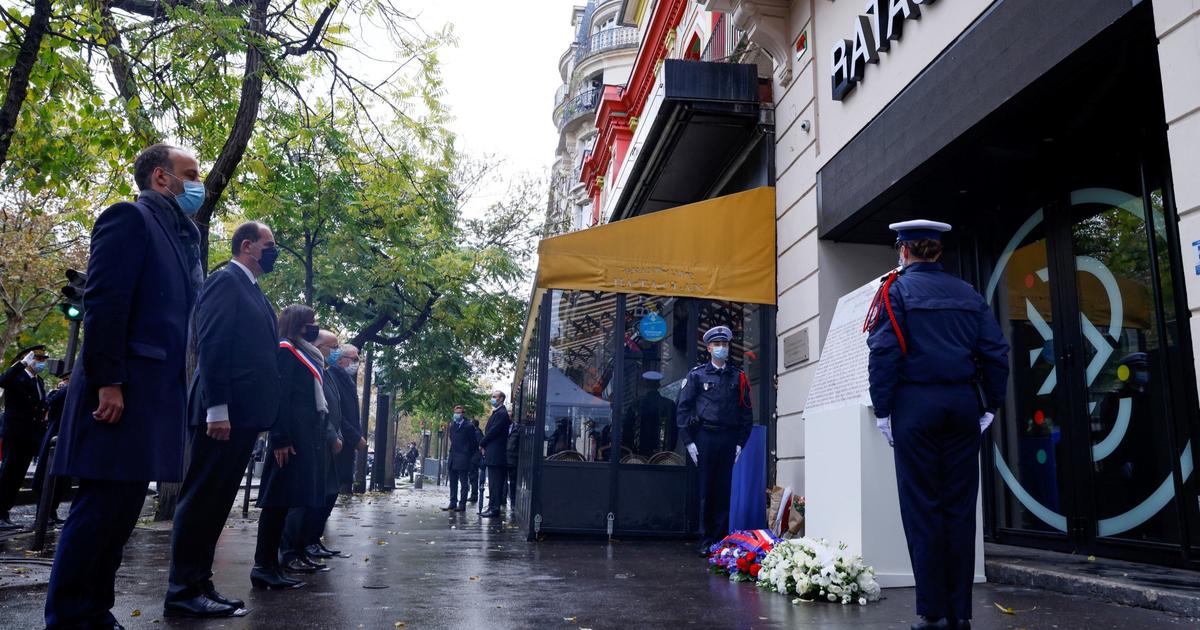Last weekend, another struggle of the women of the Western Wall, under the auspices of MK Gilad Karib, took place in an attempt to challenge the orthodox hegemonic status quo, which includes patriarchal gender constructions.
Ostensibly, it is a struggle for ritual-religious practices that seeks to challenge the custom of the place, dictated by the Ministry of Religions in the spirit of the Orthodox leadership.
But the shift in the spotlight from the symbols of holiness that adorn the iconic site towards the site itself, makes it clear that the battle is not over the religious space - but over the public one.
The Western Wall plaza, like other places in the public space in Israel, is loaded with meanings, traditions, symbols and customs, which shape chapters in the collective memory of Israeli and Jewish society.
The insistence of the Orthodox hegemony to preserve the physical contours of the Western Wall plaza, and to add to the boundaries of the place for a sector that has been established in it for years, is self-evident.
No less understandable is the aspiration of the women of the Western Wall to expand the boundaries of the same broad space, thus allowing other sectors to position themselves within the same definitions.
This clarification is extremely important, since it places the struggle of the women of the Western Wall in line with other social voices, which have in common the public spaces.
One such, for example, is the voice of the writer Amnon Shemush, who is considered by many to be the founder of Oriental literature in Israel.
Whoever shaped cultural layers already during the Yishuv period and paved the way for many after him, already in the first days of the State of Israel, was brought to rest forever less than a week ago.
Admittedly, Shamush's struggles for institutional recognition for him and for other cultural icons, such as Sami Michael, Eli Amir and Avihu Medina, were less vocal than those of the Western Wall women.
This may be one of the reasons why he did not deserve in his life to be honored with a worthy piece of the national cultural space.
However, we would not have imagined that "in the name of the struggle for class equality", Minister of Culture Hili Trooper would break into the center of the national stage, and claim his place, or the place of others, in Israeli society.
After all, the leadership's perception of the principle of statehood as a supreme value, establishes the security of Israeli society in its ability to accommodate the variety of voices fighting for public space, without harming its unity.
But this weekend, MK Gilad Karib really emerged into this space, armed with parliamentary immunity and without any moral commitment to his public promise to President Yitzhak Herzog. Many in the Western Wall plaza, thus hurting the statehood index, the main point of which is to give Israeli society confidence in its ability to contain the variety of voices of struggle contained in it.
In an age where social equality processes are an integral part of the multicultural transformations that are constantly evolving, this security is a key component of a society's national resilience.
The price will not be paid by Karib, nor by the sound of one struggle or another.
We, the Israeli company, will pay the price for all its variety of votes.
Were we wrong?
Fixed!
If you found an error in the article, we'll be happy for you to share it with us









